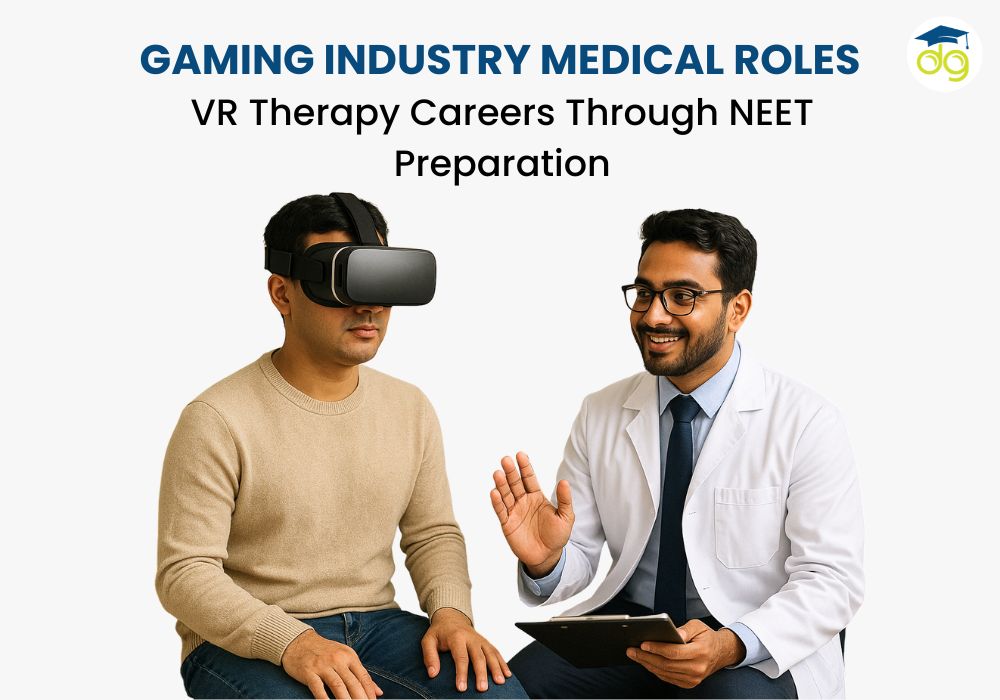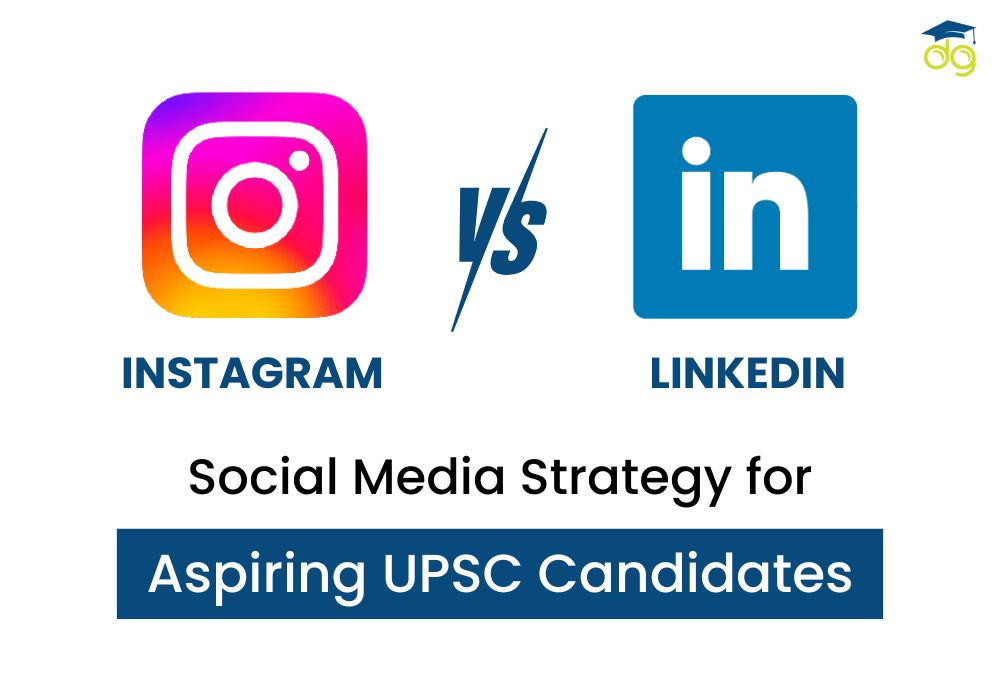Top 10 Myths Every NEET Aspirant Must Know About Medical College – Let’s Bust Them!
"Busting Common Misconceptions to Help NEET Aspirants Succeed in Medicine"
The gateway into the medical colleges across India is colloquially known as the NEET. Indeed, it has been a journey marked by challenges and hard work along with sometimes misconceptions with thousands of students rushing to grab limited seats. Many aspirants preparing for the exam and later the subsequent experience of medical college get their judgement clouded and confuse decisions by notions that are just myths.
We have covered the top 10 medical college-related myths every NEET aspirant must know. It is only through this blog that we separate reality from these myths, so you come prepared for your NEET preparation and look at your profession of medicine with the right perspective going forward.
1. Myth: Only the Top 100 Rankers Get into Good Medical Colleges
Perhaps, the most glaring myth about the medical colleges is that only rankholders within 100 in NEET can get into reputed colleges. Though it is a fact that students with top rankings always manage seats in the most prominent medical colleges (like AIIMS, PGIMER, etc.) does not mean that a student with a rank beyond 100 cannot go into a good one.
In fact, many more factors do come into play. For example, the number of seats available, category of the student (e.g. General, OBC, SC/ST), and the state quota. Excellent medical colleges in India go ahead and take students with ranks well beyond 100, especially the ones under state quotas or private colleges.
Reality: A good rank increases chances considerably, but even high ranks can get admissions in reputed colleges.
2. Myth : Geniuses only go to medical college
The misconception about NEET aspirants is that only the exceptionally gifted ones in science or the academically natural ones can crack the entrance exam and medical college. Medical studies do require constant effort, dedication, and a proper understanding of subjects like Physics, Chemistry, and Biology, but it doesn't require extraordinary genius. Right preparation, strategy, and mindset do help out students from diverse academic backgrounds crack NEET and flourish in medical college.
Fact: Passing NEET and graduating from medical college is far from being a job for a "genius." The only way to win the game is through hard work, time management, and smart study strategies.
3. Myths: It Is Only Book-Based Study In Medical College
Most aspirants are of the view that life in medical college is all about books, lectures, and exams. While academics do claim much, it's a great opportunity for personal development as well as extracurricular activities and making life-long connections. The student clubs, sports activities, cultural events, and research opportunities are what define most medical colleges. Many seek to balance academics with other interests.
Reality: Life at medical college is well-rounded, with equal academic challenge and growth as a person. The experience includes social, extracurricular, and wellness-related activities.
4. Myth: The most expensive medical colleges will be the best
There is another such myth that may mislead the aspirant: that the best private medical colleges in the country are those costing the most. True, the best private colleges boast the latest infrastructure and facilities, but several government colleges offer education that is equally or even more valuable at a bargain. The price-tag on education does not spell good education; it depends on faculty, curriculum, and resources.
Reality: Expensive colleges do not ensure the best education. In fact, most government colleges provide quality education at a fraction of the investment.
5. Myth: You Must Specialise Right After MBBS
Many aspirants to the NEET believe that they should identify which specialised stream-Cardiology, Dermatology, etc.-they will follow immediately after the MBBS degree. In fact, most of the specialisation is done during the postgraduate phase, i.e., MD/MS, and you can pick up a stream of your interest later when you are exposed and get more experience in clinical practice during MBBS itself, though as a very broad foundation in medical knowledge.
Reality: A student is not required to specialise in a specific area immediately after completing MBBS. Graduate studies allow a candidate to specialise only after accumulating clinical experience.
6. Myth: You Can't Have a Social Life in Medical College
This arises from the overwhelming perception of the medical college life being sleepless nights spent over hook-e books and gruelling examination sessions. Though the workload indeed spans across some considerable lines, it is still possible to keep a healthy social life. Medical students most often make time for friendships, cultural activities, and other forms of hobbies. More importantly, a strong social network is very important to any personal and professional development within a course in a medical school.
Reality: Academic work can well be combined with a social life, and that is necessary for the mental health and overall development of the student.
7. Myth: Dropout Rate High in Medical Colleges
Probably due to widely subscribed-to myths, medical college has another major subject area that makes headlines, that being high dropout rates, a highly demanding and time-consuming curriculum. Again, true, medical education is highly challenging, but the dropout rate is nowhere near as high as many imagine. Most colleges are quite proactive with their support systems, counselling, mentoring programs, and peer networks, making pressure-coping mechanisms for the students in the program much easier.
Reality: Most of the medical colleges have support structures that ensure the fact that students do not get isolated and the dropout rate is not as severe as thought.
8. Myth: You Don't Have to Worry About the Financial Aspects
Some students feel that once they get into medical college, all their problems would be over in terms of finance. True, one does get various scholarships, but most medical courses are very costly, even at private institutions. In addition, many students are thus faced with expenses for books, hostel fees, and clinical training. Therefore, it is essential to plan finances carefully while finding scholarships, loans, or other financial aids for the aspirants.
Reality: Medical education can be pretty pricey, so plans for finances need to go into place well in advance.
9. Myth: All Medical Colleges Have the Same Quality of Education
Not all medical colleges are equal in the quality of education even though they may have the same curriculum structure. Differing in quality of teaching, faculty, infrastructure of hospitals attached, research opportunities, and exposure to hands-on practical experience, institutions are world apart. Students should be well informed about the colleges they are targeting: talking to the current students or ex-students would be quite helpful before making a decision.
Reality: Quality of education varies from institute to institute. It is crucial to research properly before taking any call.
10. Myth: You Can only Become a Doctor only if You join a Medical College Directly After School
Many students have the mindset that medical college is meant for those who join it directly after school, and they give up completely on their dreams if they are not able to crack it in the first attempt. It is definitely not the case. Many doctors have successfully passed from such gap years after completing other degrees before getting into medical college, or due to failure in the NEET exam multiple times. Not too old to become a doctor if you are committed to it.
Reality: One need not get admission in a medical college right after school. Even after a gap year, or multiple attempts, one can end up successfully in the medical field.
Conclusion
The process to becoming a doctor is very tedious and long, but breaking the myths about medical colleges will help you to develop a much more clear-cut approach toward it. You would then want to concentrate on your preparations, understand your strengths, and keep options open regarding medical colleges. The appropriate approach toward your studies, to mental health, and to choosing different options will clearly enhance your opportunities for success.
If you need assistance in choosing a suitable college and for your NEET preparation, Skoodos Bridge may be able to assist you better in that. The portal provides you with a holistic resource, expert advice, and guidance through every step of your medical career.
FAQ
Q1: Can I get into a medical college even if my rank is beyond 100 in NEET?
Yes, of course, there are several variables like state quotas, category reservations, and type of medical college, which may determine your chances. You can get a seat in many reputed medical colleges even if you have a rank above 100.
Q2: Does being a genius help to succeed in NEET and medical college?
No, success in NEET and medical college is about hard work, dedication, and smart study strategies rather than being a "genius."
Q3. How difficult is it to maintain an academic as well as a social life in Medical College?
Quite possible to balance both. Medical college is challenging. However, if you manage your time properly, you can enjoy social life and participate in extracurricular activities.
Q4 So, only those who join immediately after school get through medical college? Really?
No, so many youngsters take gap years or attend other courses before joining a medical college. You need not have a fixed time frame as to when you should start your medical career.
Q5. How do I cope up with the financial burden of medical college?
Other than that, in case the costs seem too high, scholarships, financial aid, and loans are there to be decided. Finances should also be well planned while joining a medical college.
Categories
Archives
Similar Posts

Music Therapy for Concentration: Playlists to Boost Focus While Studying
by Skoodos Bridge

Dopamine Hacking for Study Motivation: Neuroscience-Based Exam Prep
by Skoodos Bridge

Electric Vehicle Jobs: Top Mechanical Engineering Careers in EV Sector
by Skoodos Bridge

EdTech Careers After Engineering: Build Learning Apps & Startups
by Skoodos Bridge

Gaming Meets Medicine: VR Therapy Careers for NEET Aspirants
by Skoodos Bridge

WhatsApp Group Study: Boost Your Competitive Exam Preparation
by Skoodos Bridge

Drone Engineering Careers: Aerospace Pathways, Exams & Job Opportunities
by Skoodos Bridge

Instagram vs LinkedIn: Smart Social Media Strategy for UPSC Aspirants
by Skoodos Bridge

YouTube Shorts for Revision: Micro-Learning to Memorize Formulas Quickly
by Skoodos Bridge


Leave a Comment